Explore the primary and intermediate sessions presented below and when you are ready click the Book Now button.
We look forward to welcoming you and inspiring the next generation of wildlife conservationists.
Explore the primary and intermediate sessions presented below and when you are ready click the Book Now button.
We look forward to welcoming you and inspiring the next generation of wildlife conservationists.
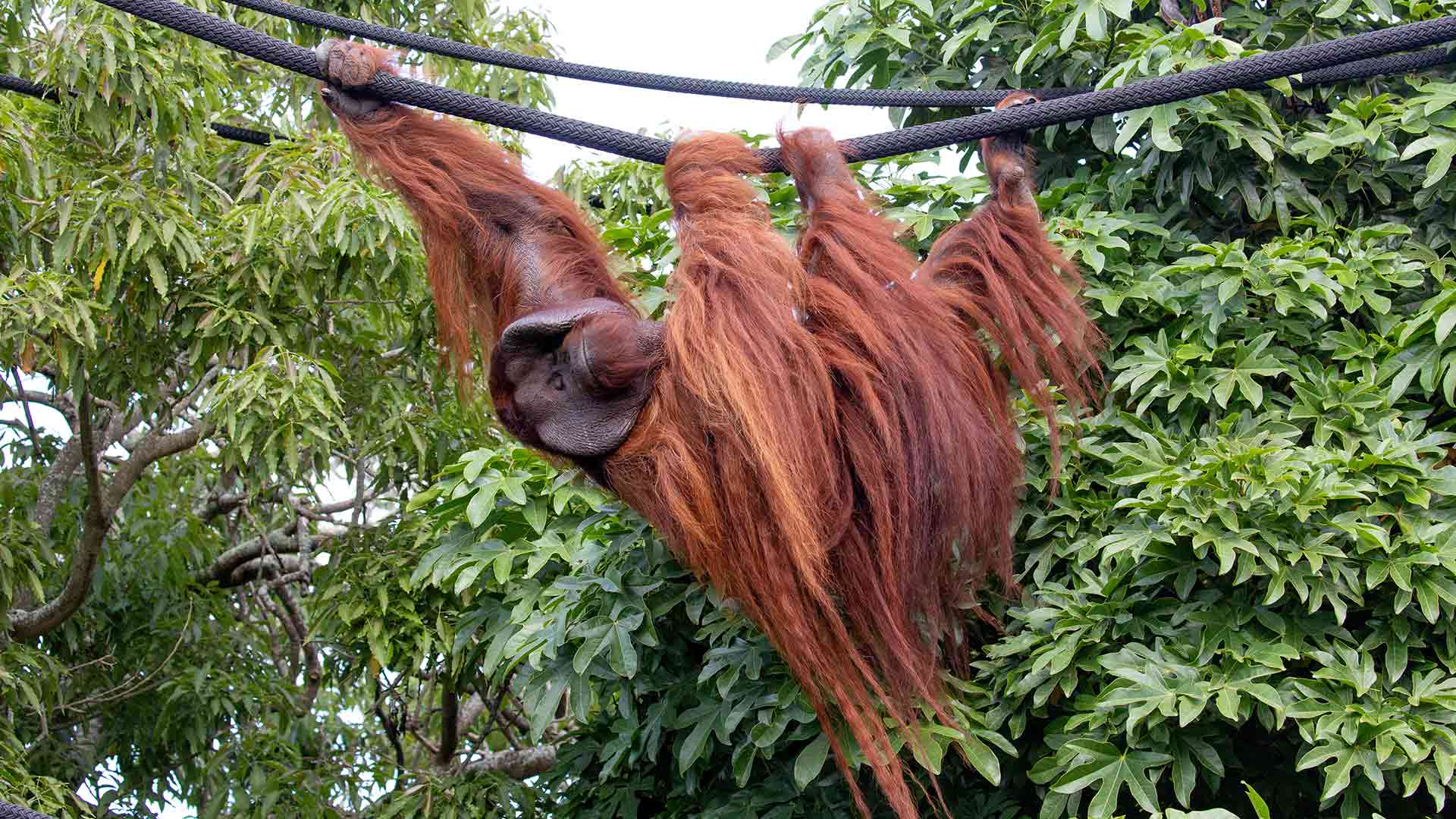
Discover through observing our animals in their Zoo habitats - how their adaptations enable them to succeed in a particular habitat.
Investigate the ways in which animals protect themselves from the weather and from predators, find or catch their food, attract a mate and look after their young.
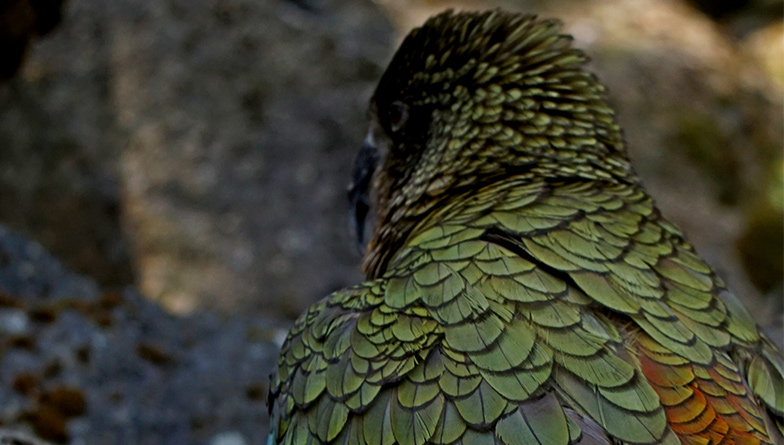
Children will explore the work that goes into taking care of the animals in the Zoo. The tamariki will read a story with props and establish what animals need to live healthy, happy lives.
They will use role-play to discover the different jobs in the zoo and how these roles help our animals. The children will then have the opportunity to explore these ideas with adults and supervisors through dress-ups and imaginative play.
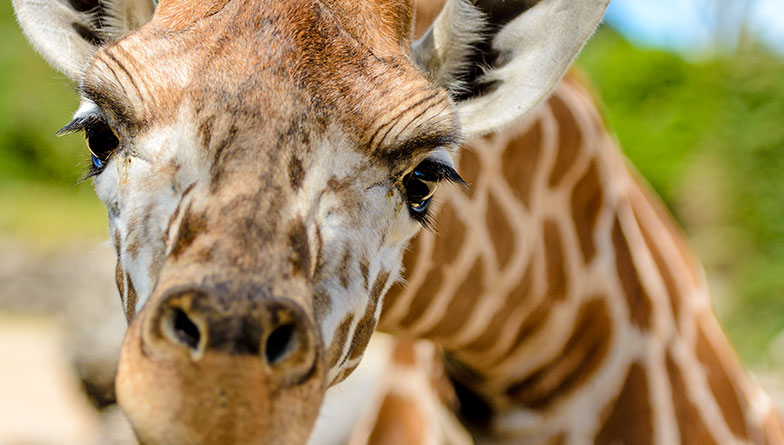
Explore different ways that animals can be grouped – just like scientists use. Investigate classification using a selection of artefacts to help understand similar features between animals. Apply your knowledge to the animals out in the Zoo grounds.
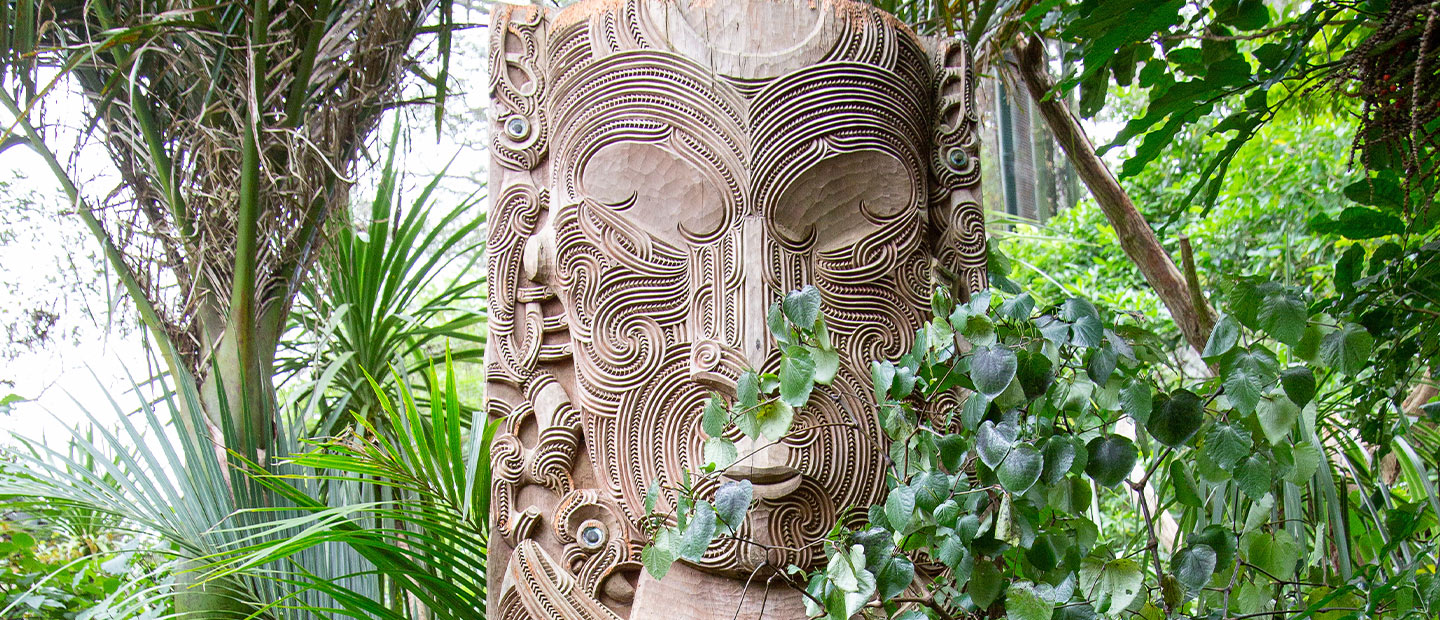
Discover relationships and connections between animals, plants, people, the things we do, and our values…all from a Māori world view. In Te Ao Māori/ the Māori world there is only one set of primal ancestors - Ranginui and Papatūānuku - from whom all things ultimately trace descent. Our sessions use the flora and fauna of Te Wao Nui as a vehicle to illustrate and explain these relationships.
We offer three different themes:
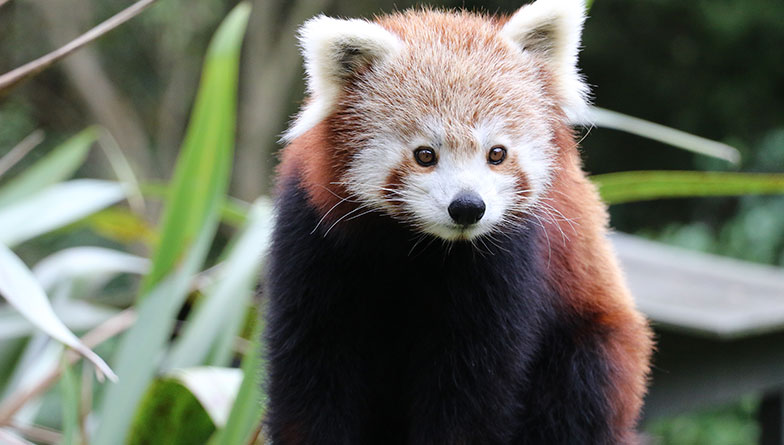
If you would prefer to guide yourself at the Zoo and do not wish to have support from our educators, this is considered a self-guided visit.
However, we recommend incorporating one of the above sessions into your visit to help you get the most out of your trip.
Zoo visit with education session included
Self-guided Zoo visit
Bookings are essential. Available during term time (9.30am - 4.15pm, last entry)
Science – Living World:
Life Processes L1-2: Recognise that all living things have certain requirements so they can stay alive.
Ecology L1-2: Recognise that living things are suited to their particular habitat.
Ecology L3-4: Explain how living things are suited to their particular habitat and how they respond to environmental changes, both natural and human-induced.
Nature of Science: Understanding about Science, Investigating in Science, Communicating in Science, Participating and Contributing.
Science – Living World:
Life Processes L1-2: Recognise that all living things have certain requirements so they can stay alive.
Ecology L1-2: Recognise that living things are suited to their particular habitat.
Ecology L3-4: Explain how living things are suited to their particular habitat and how they respond to environmental changes, both natural and human-induced.
Ecology L5: Investigate the interdependence of living things (including humans) in an ecosystem.
Evolution L1-2: Explain how we know that some that some living things from the past are now extinct.
Evolution L3-4: Explore how groups of living things we have in the world have changed over a long period of time and appreciate that some living things in New Zealand are quite different from living things in other areas of the world.
Nature of Science: Understanding about Science, Investigating in Science, Communicating in Science, Participating and Contributing.
Education for Sustainability:
Responsibility for Action, Sustainability, Biodiversity, Interdependence.
Science – Living World:
Evolution L1-2: Recognise that there are lots of different living things in the world and that they can be grouped in different ways.
Evolution L3: Begin to group plants, animals and other living things into science-based classifications.
Life Processes L1-2: Recognise that all living things have certain requirements so they can stay alive.
Life Processes L3: Recognise that there are life processes common to all living things and that these occur in different ways.
Nature of Science: Understanding about Science, Investigating in Science, Communicating in Science.
Science L1–8:
Develop an understanding of the world, built on current scientific theories.
Learn that Science involves particular processes and ways of developing and organising knowledge and that these continue to evolve.
Social Studies L1–8:
The unique bicultural nature of New Zealand society that derives from the Treaty of Waitangi.
People, places, cultures, histories, and the economic world, within and beyond New Zealand.
How societies are organised and function and the ways in which people and communities respond are shaped by different perspectives, values, and viewpoints.
Learning Languages L1–8:
Participate with understanding and confidence in situations where te reo and tikanga Māori predominate and to integrate language and cultural understandings into their lives.
Strengthen Aotearoa New Zealand’s identity in the world.
What do we want for our young people? (New Zealand Curriculum, p8)
Be actively involved – participate in a range of life contexts, contribute to the well-being of New Zealand – socially, culturally, economically and environmentally.
This means Sustainability is a significant theme throughout the principles and values of the national curriculum in Aotearoa New Zealand and is important for a broad education. (New Zealand Curriculum, p16)
Science – Living World:
Ecology L3-4: Explain how living things are suited to their particular habitat and how they respond to environmental changes both natural and human-induced.
Ecology L5: Investigate the interdependence of living things (including humans) in an ecosystem.
Nature of Science: Understanding about Science, Investigating in Science, Communicating in Science, Participating and Contributing.
Social Science:
L3: Understand how people view and use places differently.
L3: Understand how people make decisions about access to and use of resources.
L4: Understand how exploration and innovation create opportunities and challenges for people, places and environments.
L5: Understand how people’s management of resources impacts on environmental and social sustainability.
Education for Sustainability:
Responsibility for Action, Sustainability, Interdependence, Biodiversity.
Science – Living World:
Ecology L1-2: Recognise that living things are suited to their particular habitat.
Ecology L3-4: Explain how living things are suited to their particular habitat and how they respond to environmental changes both natural and human-induced.
Nature of Science: Understanding about Science, Investigating in Science, Communicating in Science, Participating and Contributing.
Technological Practice.
Social Science:
L1 – Understand how places in NZ are significant for individuals and groups.
L2 – Understand how places influence people and people influence places.
L3 – Understand how people view and use places differently.
L4 – Understand how exploration and innovation create opportunities and challenges for people, places and environments.
Education for Sustainability: Responsibility for Action, Sustainability, Interdependence, Biodiversity.